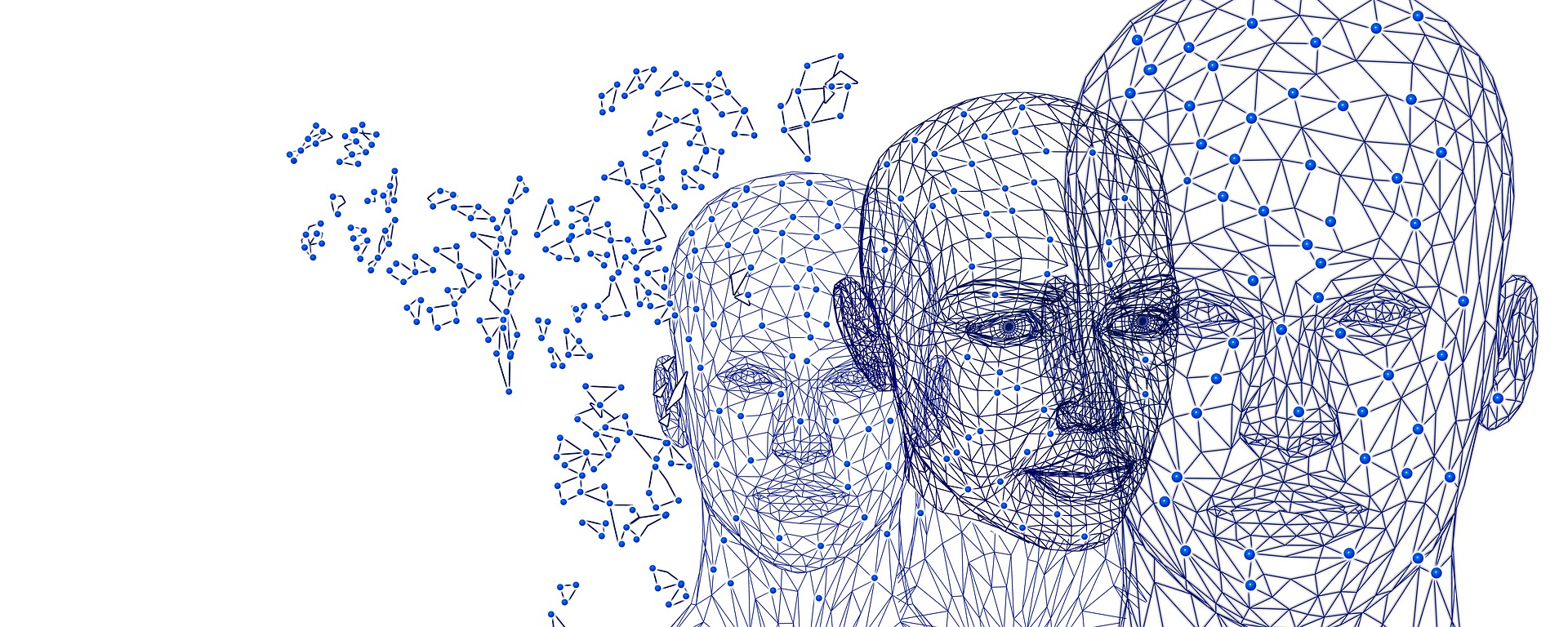Authors
- Virve Marionneau Centre for Research on Addiction, Control, and Governance (CEACG), Faculty of Social Sciences, University of Helsinki, Finland
- Johanna Järvinen-Tassopoulos Finnish Institute for Health and Welfare, Finland
- Tuulia Lerkkanen Department of Public Health Sciences, Stockholm University, Sweden
DOI: https://doi.org/10.4309/jgi.2022.49.11
Keywords:
COVID-19, gambling, risks, gambling harms, public health
Abstract
This brief report presents results on how gamblers have experienced risks and change during the exceptional situation caused by the COVID-19 pandemic. The study is based on online questionnaires collected by the University of Helsinki and the Finnish Association for Substance Use Prevention (N = 586). Results show that the reduced availability of gambling in the Finnish context has limited its total consumption. The risk of gambling-related harms has therefore become less pressing during the pandemic. Although gambling is a public health risk in addition to being a harmful activity for the individual, the policy measures during the pandemic have revealed that, at a societal level, the risk of infection with COVID-19 was perceived as being a more serious problem than was the risk of gambling harms.
